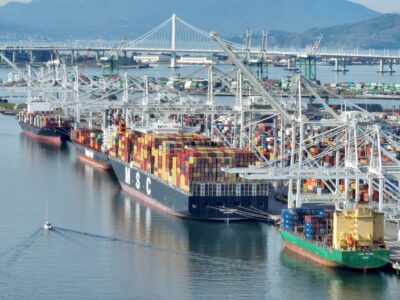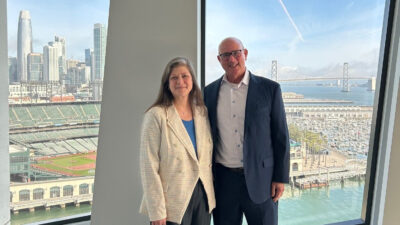Fighting Back Against Ill-Timed Taxes
As if we needed another reminder of California’s battered and fragile economy, a prominent social media company made sure we’re paying attention. Pinterest this week canceled an almost 500,000-square-foot office lease in San Francisco, citing the switch to remote work that many companies are planning in response to the COVID pandemic. The decision highlights just how badly misguided efforts are in San Francisco, the state Legislature and elsewhere to impose a wide range of new income, wealth and other taxes that will cripple our ability to recover from the worst economic downtown we’ve suffered in generations and restore the millions of jobs we’ve lost over the past six months.
San Francisco Business Times Managing Editor Jim Gardner suggested in a sharply worded column this week that it is more than coincidence Pinterest’s move comes as voters prepare to decide on three tax measures largely targeting tech companies that have become the easy villain for the region’s housing, transportation and homelessness crises. “It seems more likely that the actions and attitude the city is displaying toward large sectors of the local economy are starting to have real and painful consequences,” Gardner wrote, referring to the “deaf ear” City Hall has long turned to the concerns of the very businesses that gave the city historic low unemployment and filled its budget coffers to overflowing.
Echoing those sentiments, former San Francisco Chief Administrative Officer Bill Lee and business leader Julie Chase in an opinion article in the San Francisco Chronicle yesterday (Sept. 3) also questioned whether other factors are “driving businesses out of the city, least of which are rampant homelessness, the high cost of housing, increasingly high barriers to start or keep both small and large businesses, and the already steady stream of business closures — retail and restaurant at the forefront.”
The onslaught of proposed taxes was a key topic in a discussion Bay Area Council CEO Jim Wunderman led this week (Sept. 3) with Marcie Frost, CEO of the California Public Employee Retirement System (CalPERS) as part of our weekly Bay Area Impact webinar series. A major driver of many of the new tax proposals popping up around the state is the growing cost cities are facing from unfunded pension liabilities. Public pension costs are among the fast-growing line items in many city budgets, squeezing out funding for public safety, parks and recreation and other vital public services.
Watch Bay Area Impact with CalPERS CEO Marcie Frost>>
It’s important to note that the Council does not reflexively oppose taxes. Indeed, we have supported many taxes to fund everything from transportation infrastructure, affordable housing, early childhood education and other important investments. However, we believe the burden for new taxes should be broadly shared, focused on specific projects and services and include strong accountability.





